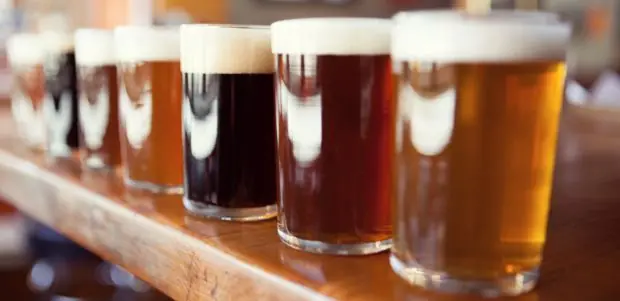
Back in the early years of the Tour de France, riders famously washed down their baguettes with liberal slugs of beer and wine. While that might not be par for the course for today's pro peloton, wine tours, booze cruises, and "hand ups" are still common in the sport. Everyone knows you shouldn't ride drunk. But how does a drink or two affect your ride?
More: The Truth About Alcohol and Cycling
"Not very positively," says Brian R. Christie, PhD, neuroscience program director at University of Victoria in British Columbia. Beer is high in carbohydrates, and while we burn carbs for energy, alcoholic beverages aren't ideal sources of them. "We naturally produce small amounts of alcohol everyday from fermentation of food products in the gut," Christie says, "and because of this we've evolved to metabolize ethanol. But there is a cost."
The cost, of course, depends on how many Solo cups you drain. But consuming alcoholic beverages, even in moderation, may impair your training. Here's what happens as you tip the contents of that cup, can, or bottle into your tank.
Belly irritation: Alcohol acts as a gastrointestinal (GI) irritant, causing inflammation encouraging excess acid production in the stomach, Christie says. "The problems start there, because once the digestive system is off, performance is off."
Head rush: "You get tipsy faster," Christie says. Your metabolism is already elevated from exercising, so booze enters the bloodstream and crosses the blood-brain barrier much more quickly than usual.
Fat burning slows: They don't call it a beer belly for nothing. It's well-documented that alcohol impairs your fat-burning ability. In one study of healthy, non-alcoholic men, drinking 24 grams of alcohol—which is less than two beers (one 12-ounce beer delivers about 14 grams of the intoxicating stuff)—blunted their ability to burn fat by 73 percent.
Energy fizzles: As alcohol increases your metabolism, it interferes with your muscles' ability to access glucose and amino acids. You will burn some of the alcohol for fuel, but it's a less efficient energy source than your body's go-tos.
Body temperature rises: Anyone who's ever had a nip to heat up in the cold knows that alcohol makes you feel warmer. That's because it dilates your blood vessels. "It's kind of like exercising in a sauna," Christie says. "Your vascular system is wide open and you can't regulate your temperature very well." This may be one reason why drinking alcohol before or during exercise appears to increase your risk for heat illness during hot weather.
Hydration levels sink: Another reason a poorly-timed IPA may raise your risk for heat illness: Alcohol is a diuretic, so you lose valuable fluids and electrolytes faster.
More: 4 Nutrition Secrets for Your First Century Ride
Brain drain: Alcohol blocks receptors in your brain that are key for reasoning, while depressing your central nervous system. That means you start making bad decisions, and the communication decays between your brain and muscles. As reaction time, motor control, and balance deteriorate, your bike ride gets more dangerous.
Recovery sputters: Bodybuilders shy away from booze because alcohol decreases protein synthesis—our ability to repair, grow, and maintain muscle—by 15 to 20 percent, according to lab studies. Cyclists might not care about bulging biceps, but know this: Decreased protein synthesis also slows recovery after hard efforts.
What did you expect? After all, ethanol is technically toxic at certain doses (hence the term "intoxication"). "If you want to be an elite performance athlete, you shouldn't drink? or at least not much," Christie says. "But really, most people who are out having a beer on their ride are not looking for a podium performance. They're looking to have fun and be social."
And that does have health benefits. You don't need alcohol to have fun, especially when you're doing something fun like riding your bike, but alcohol does limit the stress response and lowers anxiety. "Social well-being and social health is good for your brain and your body," Christie says. Moderate drinking also has some established health benefits, like raising HDL (good) cholesterol and protecting against heart disease.
So consider your goals and know your limits. And if the two agree, go ahead and have a pint. Just turn off the tap well before you're toasted.
More: Beer, Trains and Other Things You Didn't Know About the Tour de France
 Ready to Ride? Search for a cycling event.
Ready to Ride? Search for a cycling event.About the Author

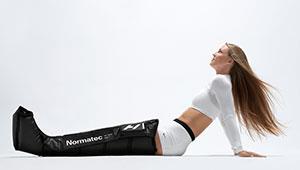
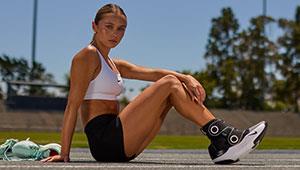
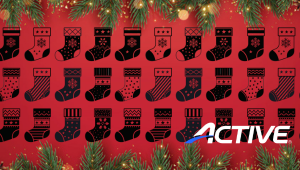
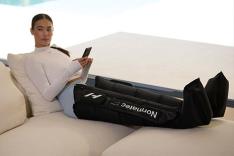

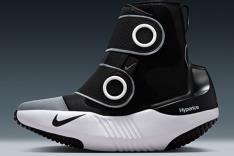
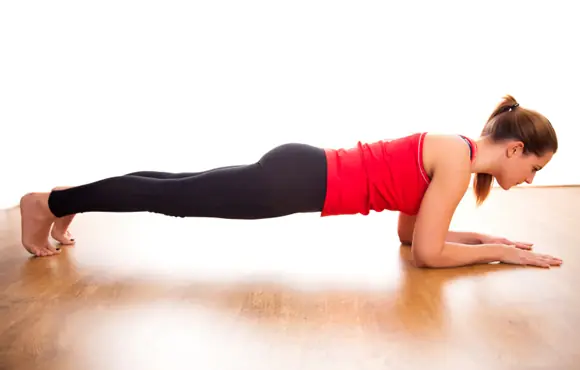

Discuss This Article